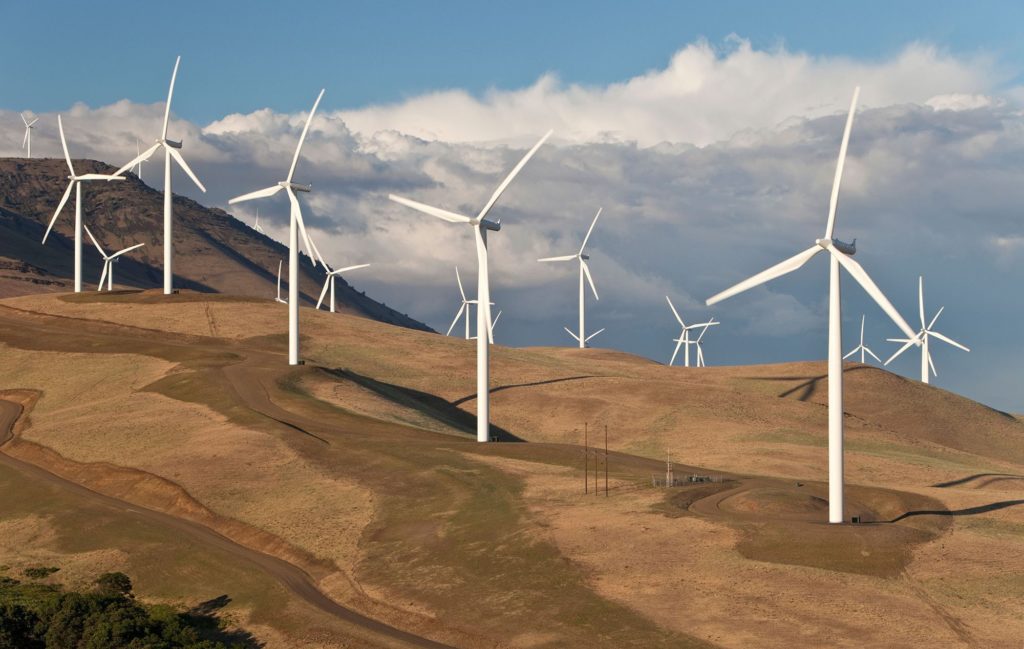Africa’s path to climate adaptation and mitigation must, by necessity, diverge from those of industrialised countries.
As global leaders head to Glasgow for the UN Climate Summit (Cop26) in an attempt to consolidate a collective response to the unfolding climate catastrophe, it is clear that Africa’s demands, needs, and path to net zero diverge from those of countries in the Global North.
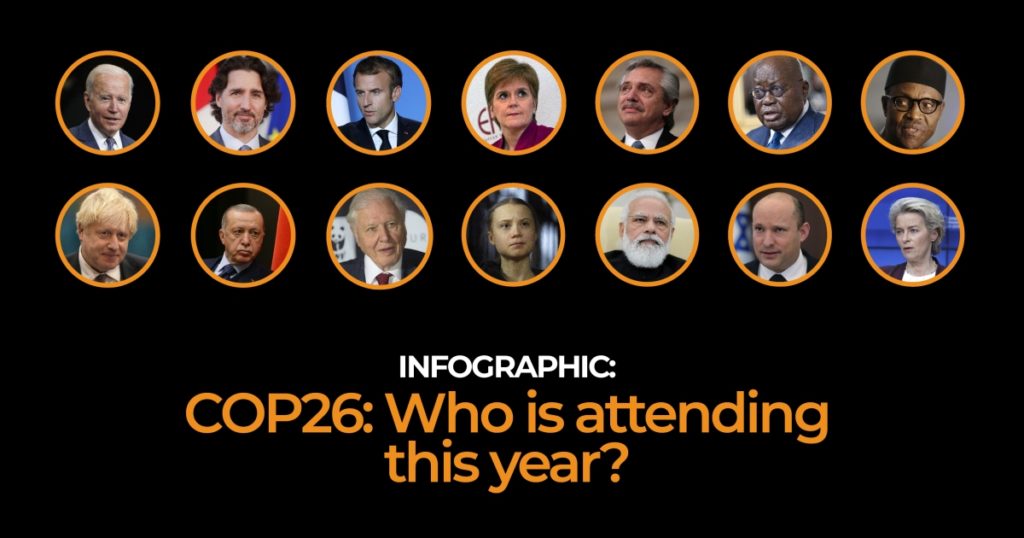
African negotiators will be negotiating for different things – sometimes the direct opposite of what their industrialised counterparts will seek.
Unless these needs are recognised, negotiators will end up talking past each other and fail to find consensus. Africans require the space to chart this path without an imposition of unnecessarily onerous demands that effectively make the continent an involuntary sacrificial lamb for net zero and its poverty the price we pay to end emissions.
Africans require the space to chart this path without an imposition of unnecessarily onerous demands that effectively make the continent an involuntary sacrificial lamb for net zero and its poverty the price we pay to end emissions
Unfortunately, this appears to be the direction the negotiations will go, with demands from the Global North that put Africa’s growth and industrialisation at risk.
Kofi Koduah Sarpong, CEO of Ghana National Petroleum Corporation, pointed this out in an interview in October, noting that “developed nations are being hypocritical. They now focus on persuading us, the emerging countries, to leave our newfound hydrocarbons stranded and borrow from them to develop renewal energy.”
And Sarpong’s accusation of hypocrisy is not without merit. As Benjamin Attia and Morgan Bazilian pointed out in an article for The Conversation on 14 October, “the top 10% of countries consume 20 times more energy than the bottom 10%. And 1.1 billion sub-Saharan Africans share the same amount of power generation capacity as Germany’s 83 million people.”
Undermining Africa’s escape from poverty
Close to 600m Africans have no access to power at all. Against this background, a climate response that calls for emissions reduction in Africa can only be interpreted as a deliberate attempt to undermine the continent’s escape from extreme poverty.
In another 30 years, the global population will rise by about 2bn, with half of that growth occurring in Africa – Africa’s path calls for a significant increase in the installation, distribution, and consumption of energy as a direct response to climate change.
So, while reduction in emissions is the appropriate response for the world’s top emitters, the exact opposite is true for Africa.
How this is achieved is the crux of the debate, because the West is building consensus around phasing out the use of fossil fuels – all fossil fuels – while some African leaders are arguing for a transitional role for some fossil fuels, like natural gas, in energy poor states across the continent.
Through policy, the West is attempting to restrict Africa’s energy mix exclusively to renewables. The IMF working paper Building Back Better: How Big Are Green Spending Multipliers? outlines the difficulty of this choice, stating that:
“… in fact, producing electricity exclusively with renewable sources under current technologies presents several significant technological challenges, since these sources are intermittent, variable and unpredictable, depending on the weather and consequently having limited capacity factors. At the scale needed, storage of renewable energy is also currently not a viable option as the necessary technology is expensive and still developing although prices are falling fast.”
The idea that the continent which needs to scale up its energy consumption in order to achieve necessary economic growth should depend on technology that is not yet technically viable seems intended to stymy Africa’s growth.
But energy policy is not the only divergence between Africa and the industrialised world in responding to climate change. Materials use also presents a challenge.
In a June 2014 blog, Bill Gates quoted the historian Vaclav Smil’s argument that “the most important man-made material is concrete, both in terms of the amount we produce each year and the total mass we’ve laid down. Concrete is the foundation (literally) for the massive expansion of urban areas of the past several decades, which has been a big factor in cutting the rate of extreme poverty in half since 1990.”
The article contains a graphic showing that China used more cement (6.6 gigatons) in the three years from 2011 to 2013 than the US used (4.5 gigatons) in the century from 1901 to 2002.
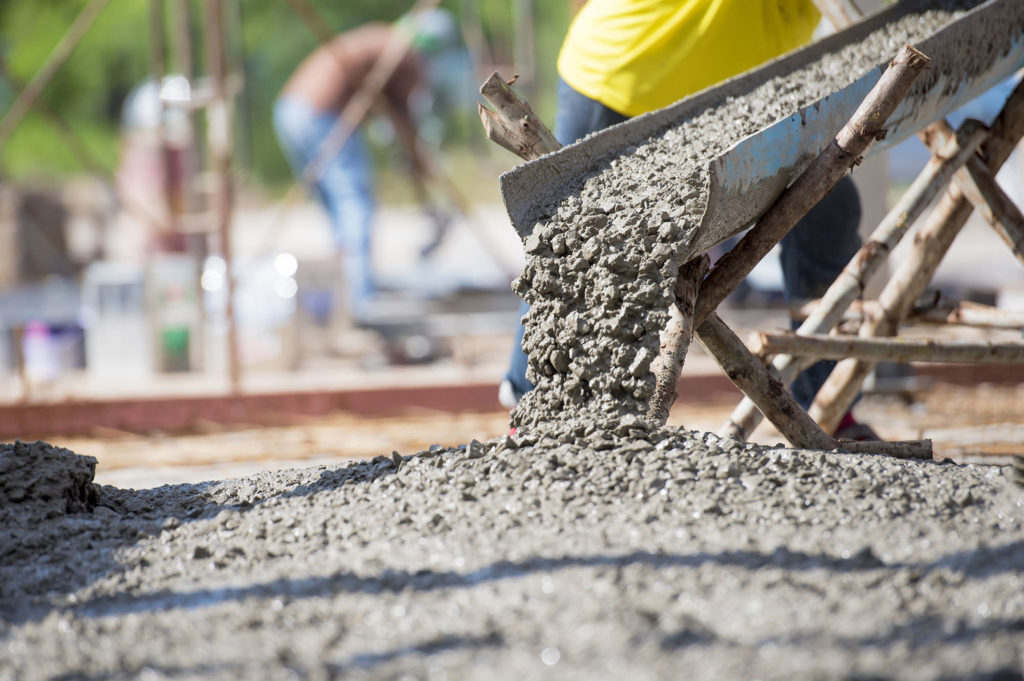
The sheer magnitude of these statistics notwithstanding, I quote them to demonstrate the scale of the materials Africa will need to cut its rate of extreme poverty.
Across Africa the built environment remains chronically underdeveloped. For example, research by the pan-African housing finance institution Shelter Afrique put the continent’s housing deficit at 56m units and a projected cost of $1.4 trillion. Nigeria alone faces a deficit of about 22m units.
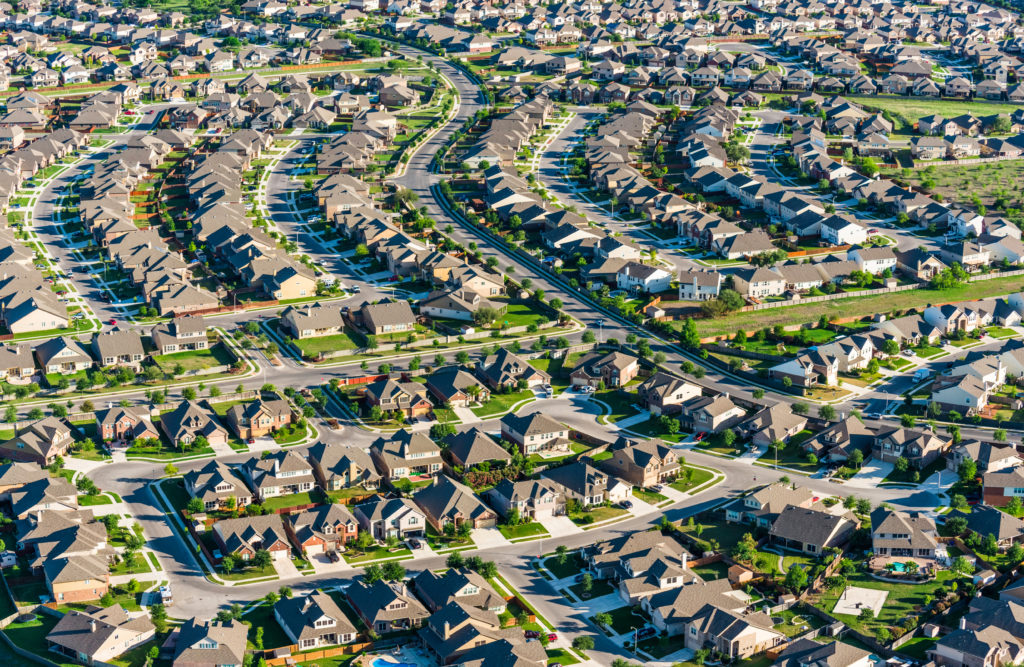
The massive housing deficit is not the only problem. In its latest Africa’s Pulse report, the World Bank focuses on rises in temperature leading to the increase in extreme weather events across the continent where “the frequency of droughts in sub-Saharan Africa almost tripled between 2010 and 2019, quadrupled for storms, and increased by tenfold for flooding incidents.”
Africa’s path to climate adaptation
This brings us back to the divergent needs between Africa and the developed world. The tenfold increase in flooding has significant implications for the continent’s transport networks, especially its roads.
In the last two decades of road construction on the continent, asphalt, which is susceptible to heat and floods, has generally been used. After heavy rains, flood water resting for extended periods on asphalt surfaces damages the infrastructure. Because heavy rains and other extreme weather events are increasing, government budgets will be under significant pressure from weather related crises.
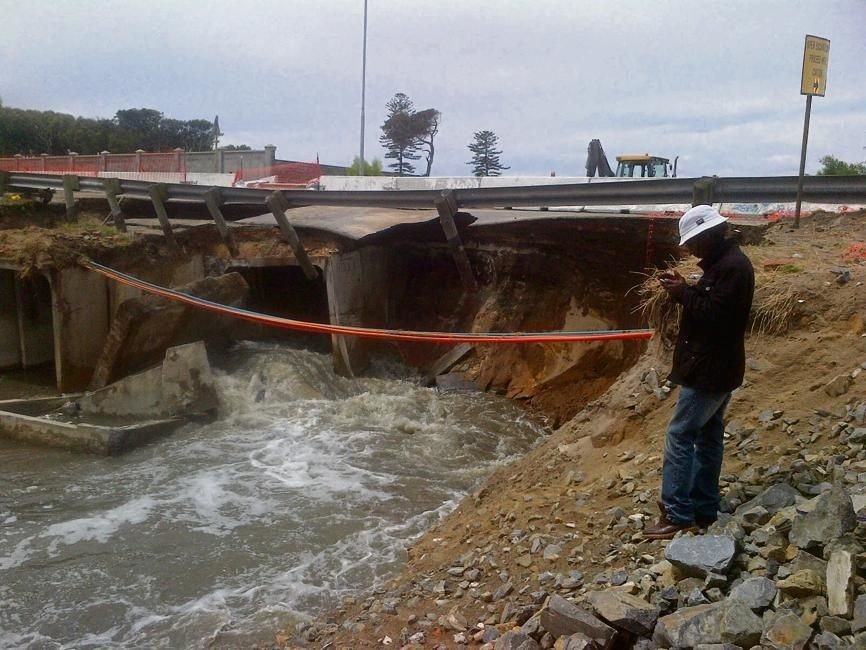
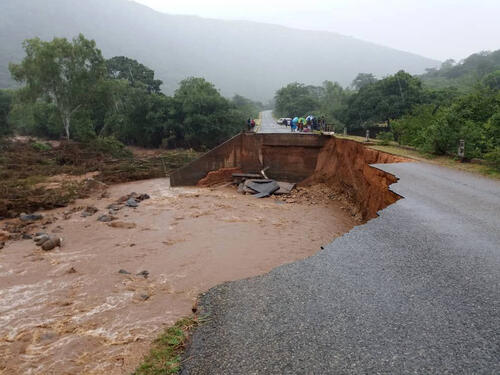
The first bridge on the most direct route between Mutare and Chimanimani, across the Umvumvumvu River, was destroyed by flooding from the cyclone
Studies on the impact of flooding on roads after Hurricanes Katrina and Rita showed that cement roads performed better than asphalt. For governments struggling to meet current needs, the cost of reconstruction after extreme weather events is cost prohibitive.
Take Mozambique and Zimbabwe where the use of weak building materials enabled extensive damage from Cyclone Idai. Mozambique alone required $3.2bn for post-cyclone recovery and reconstruction.
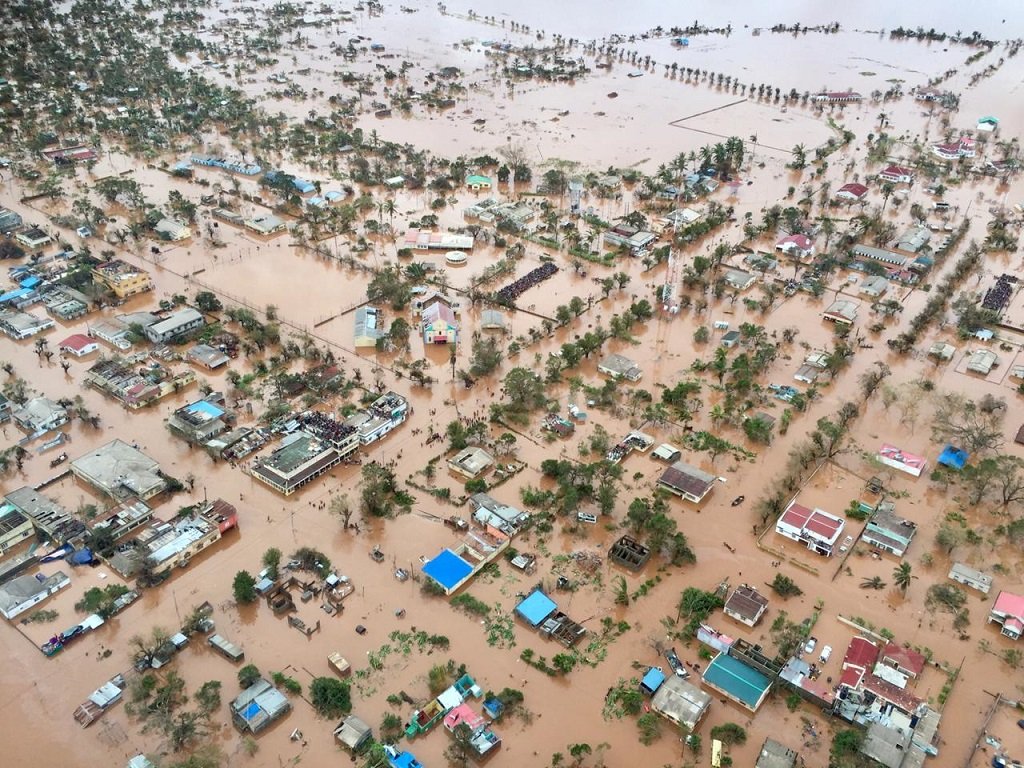
Africa’s path to climate adaptation and mitigation must, by necessity, diverge from those of industrialised countries. This is the position African negotiators will take at Cop26 and this will form the basis of Africa’s hosting of Cop27.
This is aligned with the key principle of the global response to climate change – differentiated responsibility for the crisis and the largest polluters paying the most for the cost of transition.
Gyude Moore is a senior policy fellow at the Center for Global Development.



